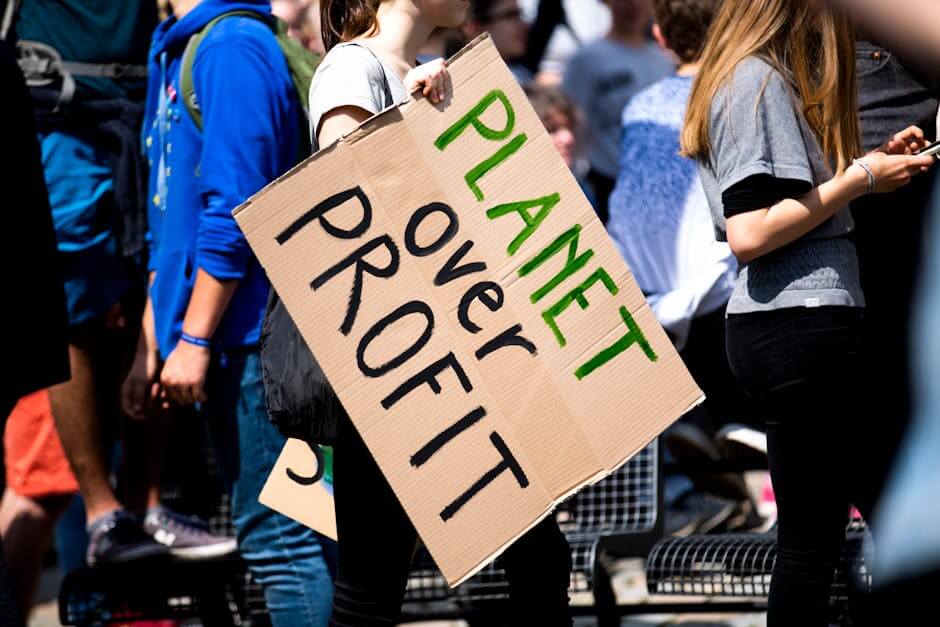Global warming, a phenomenon caused by the excessive emission of greenhouse gases into the atmosphere, has become a pressing issue of our time. It poses significant threats to our planet's ecosystems, economies, and human well-being.
The primary contributor to global warming is human activities, particularly the burning of fossil fuels for energy production. These activities release carbon dioxide and other greenhouse gases into the atmosphere, which trap heat and cause the Earth's temperature to rise. As a result, we are witnessing the accelerated melting of polar ice caps, rising sea levels, and increasingly extreme weather events.
The impacts of global warming are far-reaching. Coastal communities face the risk of displacement due to rising sea levels and storm surges. Extreme heat waves can lead to heat-related illnesses and deaths, especially among vulnerable populations. Changes in precipitation patterns threaten water availability for agriculture, industry, and human consumption.
Furthermore, global warming has significant implications for ecosystems. Coral reefs, essential for marine biodiversity, are facing bleaching and degradation due to warmer ocean temperatures. Changes in plant and animal distributions disrupt food chains and affect species' ability to adapt to their changing environment.
To address global warming, urgent action is required to reduce greenhouse gas emissions. This involves transitioning to renewable energy sources, such as solar and wind power, and improving energy efficiency in all sectors. Governments, industries, and individuals have a collective responsibility to implement policies and practices that promote sustainable development and mitigate the effects of climate change.
One crucial aspect of addressing global warming is raising awareness and educating the public. By understanding the causes and consequences of this phenomenon, individuals can make informed choices in their daily lives, such as reducing their carbon footprint by using public transportation or recycling.
International cooperation is also essential. The Paris Agreement, a landmark agreement signed by nearly 200 countries, aims to limit global warming well below 2 degrees Celsius above pre-industrial levels. It provides a framework for nations to commit to reducing greenhouse gas emissions and adapting to the impacts of climate change.
Addressing global warming is a complex and multifaceted challenge, but it is one that we cannot afford to ignore. By acting collectively and taking decisive action, we can mitigate the effects of climate change and secure a sustainable future for generations to come.

